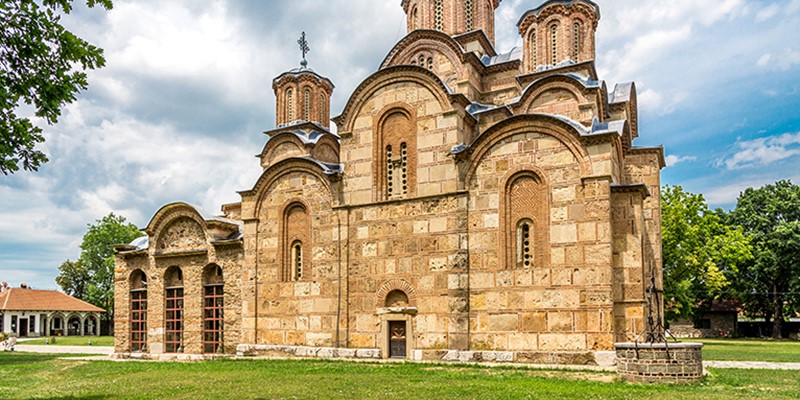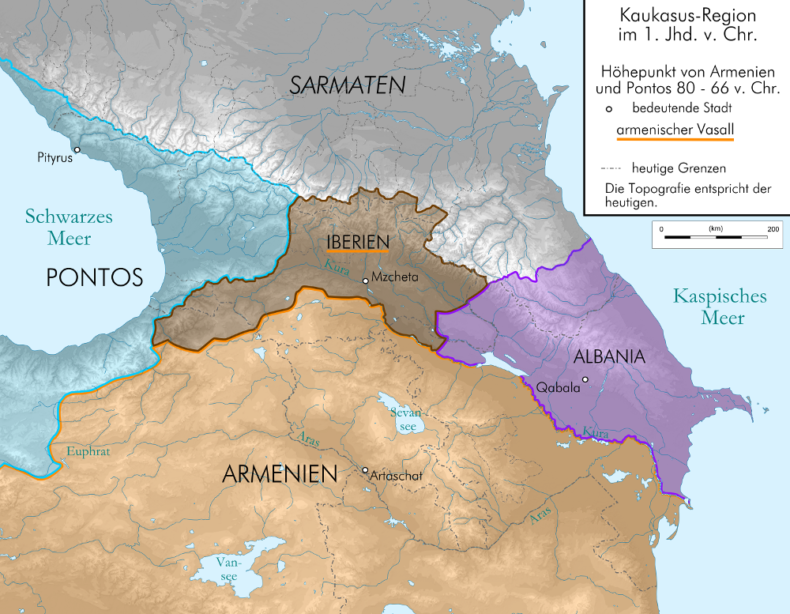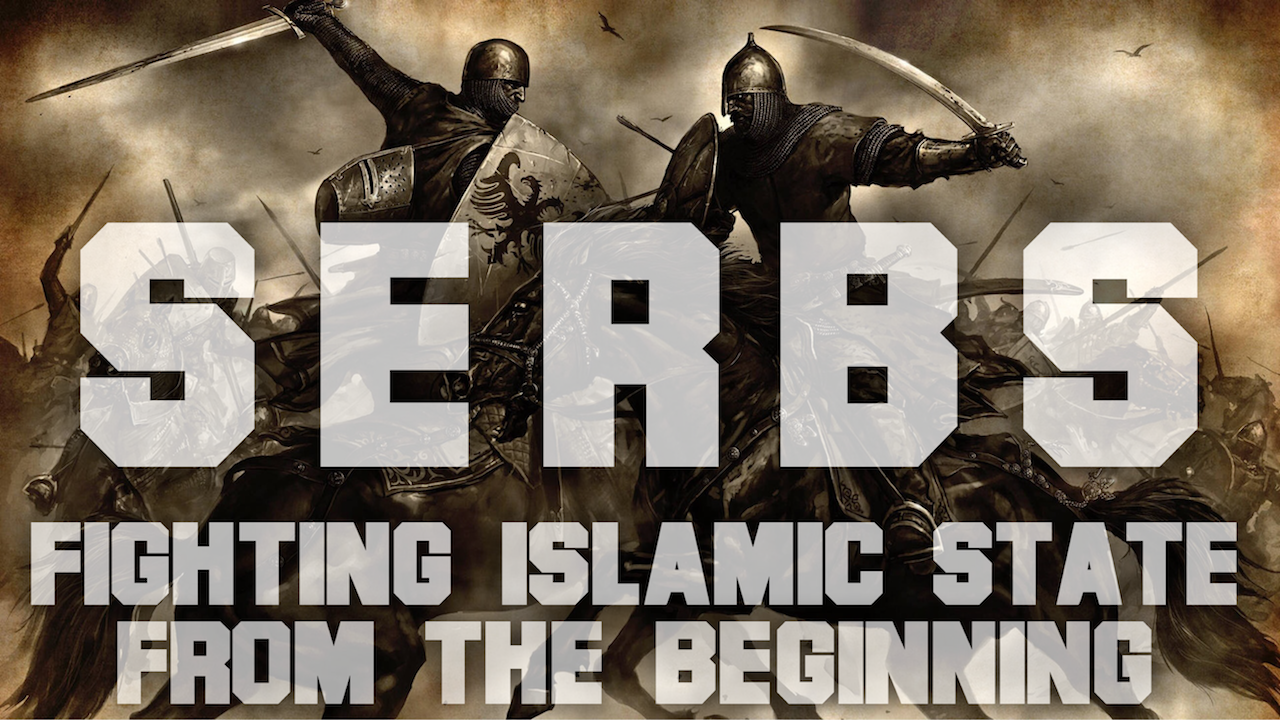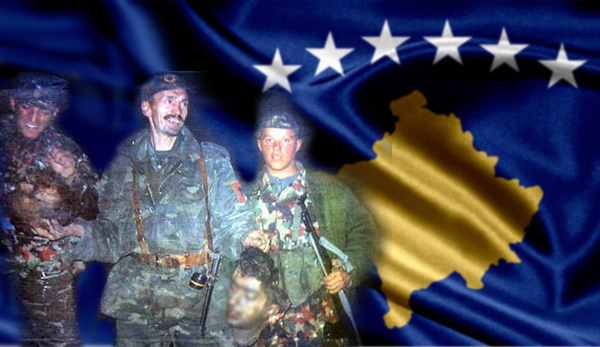
Views: 1204
1. Kosovo is not ancient Albanian land
Its very name comes from the Serbian word “kos,” meaning blackbird. Its Albanian name, “Kosova,” means nothing whatsoever.
Kosovo was the heartland of medieval Serbian state and the site of the 1389 battle in which both the Serbian prince and the Ottoman sultan died, checking the Turkish expansion into the Balkans for almost 70 years. Ethnic Albanians were settled there by the Ottomans over the intervening centuries, and became a majority due to pogroms and persecution of Serbs – which began under Ottoman rule but continued under Austro-Hungarian occupation in WWI and German/Italian occupation in WWII.
Kosovo was never a political entity of any kind until 1945, when the Communist regime that reconstructed Yugoslavia after Axis occupation (with which Albanians overwhelmingly collaborated) created the “Autonomous Region of Kosovo & Metohija” – the latter being a Greek word describing church lands.
The Communists also forbid any Serbs expelled in WW2 to return to Kosovo, cementing its ethnic Albanian majority, which further grew through an influx of illegal immigrants from Enver Hoxha’s Albania and the ethnic cleansing of non-Albanians since the NATO occupation began in 1999.
2. Operation Allied Force
The 1999 NATO bombing campaign, was not a legitimate humanitarian intervention approved by the UN.
It was a war of aggression, in violation of both the NATO and the UN charter. Contrary to what the mainstream Narrative says today, NATO’s justification for the war was not Serbian “human rights violations” against the Albanians. No, the bombing began as a way to force Serbia to accept the ultimatum issued at the French chateau of Rambouillet, in which NATO demanded a 3-year occupation of the province and a NATO-organized referendum that would give the ethnic Albanians independence.
It was at Rambouillet that the US negotiated on behalf of the “Kosovo Liberation Army,” a separatist group it had previously acknowledged as terrorists. As part of its terrorist campaign to separate Kosovo from Serbia, the KLA has engaged in murder, assassination, extortion, torture, and trafficking in drugs, guns, sex slaves and even human organs.
3. Serbia did not kill 10,000 ethnic Albanian civilians during the 1999 war
That figure is an estimate based on assertions by NATO, entirely unsupported by any facts whatsoever – same as the “up to 100,000 men” speculated by NATO propagandists during the war itself. Western media continue to repeat it the same way they repeated the claim of 300,000 dead in Bosnia, which was later revised down to under 100,000.
4. There was no Serbian plan to deport a million ethnic Albanians
The so-called “Operation Horseshoe” was concocted by German and Bulgarian intelligence to provide justification for the illegal and illegitimate NATO war (see #2 above), to the point where they used the Croatian word for horseshoe. While there was a mass exodus of Albanians towards Albania, Macedonia and Montenegro (odd, since it was part of Yugoslavia same as Serbia), some evidence suggests that may have been orchestrated by NATO and the KLA.
5. Kosovo’s “independence” is neither legal nor legitimate
UN Resolution 1244, which authorized a NATO-led peacekeeping mission after the June 1999 armistice, reaffirmed Kosovo’s status as a part of the Federal Republic of Yugoslavia. Legally, it remained a province of Serbia, whose integrity was sacrosanct on the same grounds as Slovenia, Croatia, Bosnia, Macedonia (and later Montenegro) were recognized in their Communist-drawn borders when the proto-European Union and the US decided to declare Yugoslavia nonexistent in 1992.
In February 2008, the provisional administration of Kosovo set up under the UN viceroy and NATO occupation, declared independence – based on a plan rejected by the UN Security Council, the final arbiter of Resolution 1244.
The International Court of Justice later tortured logic and language to rule that international law didn’t say anything about random people making such declarations – but these were not random people. Their very legitimacy rested on the UN mandate, which their declaration violated.
President Barack Obama lied in March 2014 that there was internationally recognized and supervised referendum on the issue; there wasn’t. No mainstream media outlet ever called him on it, though.
Originally published on 2017-01-30
Origins of images: Facebook, Twitter, Wikimedia, Wikipedia, Flickr, Google, Imageinjection & Pinterest.
Read our Disclaimer/Legal Statement!
Donate to Support Us
We would like to ask you to consider a small donation to help our team keep working. We accept no advertising and rely only on you, our readers, to keep us digging the truth on history, global politics and international relations.
Source: Gray Falcon
FOLLOW US ON OUR SOCIAL PLATFORMS











